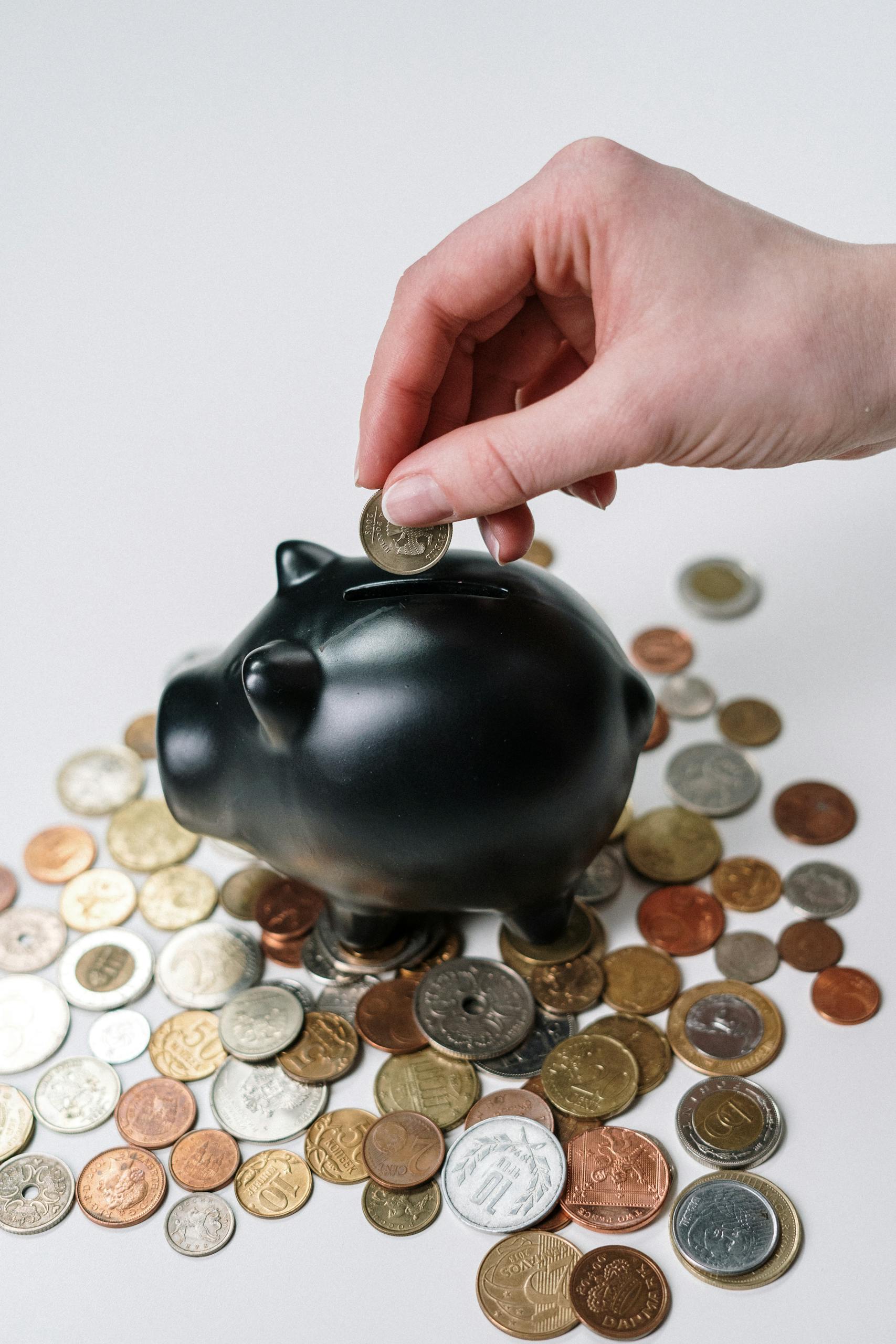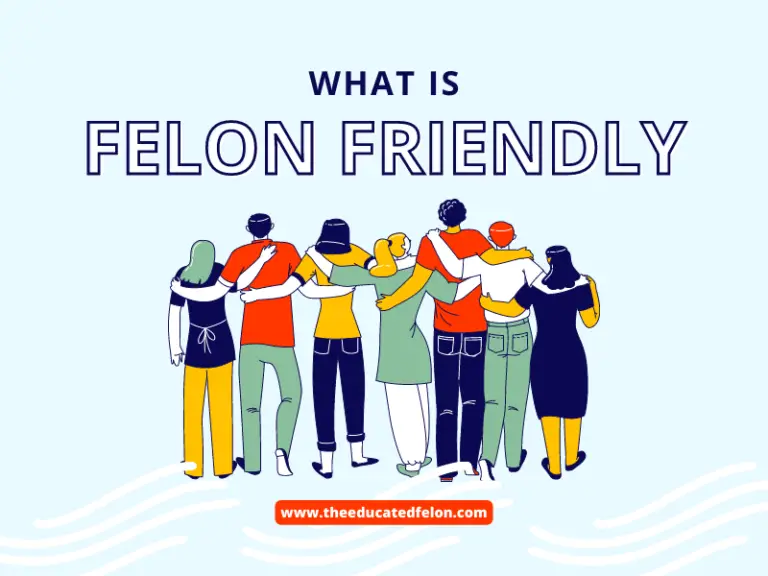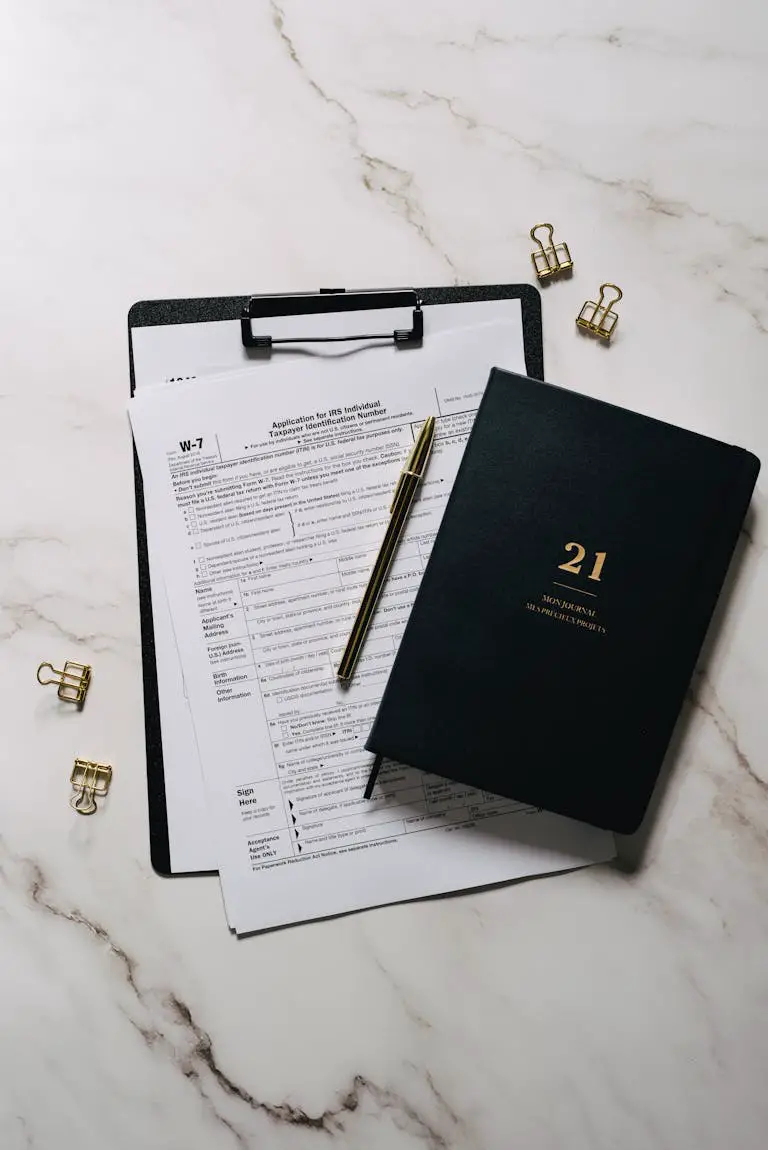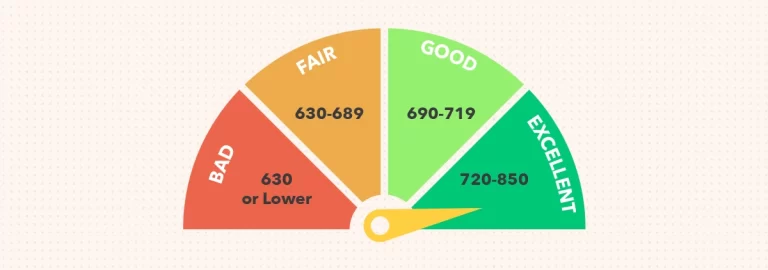What is the Average Bail Amount for a Felony?
Imagine this: You’re sitting in a cold, dimly lit holding cell, waiting to hear those magical words, “You’re eligible for bail.” But then comes the million-dollar question (sometimes literally): Great, what’s the bail amount?
If you’re facing a felony charge, you might be in for a shock. Buckle up because we’re about to dive into the world of felony bail amounts, and believe me, it’s quite the rollercoaster ride.
The Cold, Hard Facts: Felony Bail by the Numbers
Before we dive in, let’s look at some eye-opening statistics:
| Felony Bail Statistics | Numbers |
| Average felony bail amount in the US | $55,500 |
| Median felony bail amount | $10,000 |
| Percentage of defendants who can’t afford bail | 40% |
| Average time spent in jail if bail isn’t paid | 50-200 days |
| States with bail reform laws | 10 |
Don’t let these numbers make you faint faster than a Victorian lady in a tight corset. Remember, every case is unique, and there are ways to navigate the system. (Psst! If you’re in a bail bind, check out Bail Bonds R Us for quick and easy bail solutions!*)
The Million-Dollar Question: What Determines Felony Bail Amounts?
Alright, let’s break down the factors that can make your bail amount higher:
- The severity of the Crime:
- Violent felonies = Higher bail
- White-collar crimes = Still high, but often lower than violent crimes
- Drug-related felonies = Varies widely based on quantity and type
- Criminal History:
- First-time offender = Potentially lower bail
- Repeat offender = Hope you’ve been saving your pennies!
- Flight Risk:
- Strong community ties = Points in your favor
- Passport collector and international jet-setter = Cha-ching!
- Public Safety Risk:
- Deemed a danger to society = Skyrocketing bail (or no bail at all)
- Low risk to public = Better chances for reasonable bail
- Local Jurisdiction:
- Some areas have preset bail schedules
- Others leave it to judicial discretion
Example: Let’s say John is charged with felony burglary. He’s a first-time offender with a steady job and family in the area. His bail might be set at around $20,000. But if John had a prior record and was caught with a weapon? That bail could easily jump to $100,000 or more!
Felony Bail Amounts: A State-by-State Rollercoaster
Hold onto your hats, because felony bail amounts can vary more than the weather forecasts:
- California: Known for high bail amounts, averaging $50,000 for felonies.
- New York: Recent bail reform has eliminated cash bail for many non-violent felonies.
- Texas: Varies widely by county, but felony bail often starts around $10,000.
- Florida: Felony bail typically ranges from $5,000 to $100,000+.
- Illinois: Another state moving away from cash bail for many offenses.
Remember, if you’re facing bail in any state, a good attorney can be your best friend. (Speaking of which, have you checked out our partners for top-notch legal representation?)
The “I Can’t Afford This!” Dilemma: Options When Bail Breaks the Bank
So, your bail is set higher than Mount Everest. Don’t panic! Here are some options:
- Bail Bonds:
- Pay a non-refundable fee (usually 10%) to a bail bondsman
- They cover the full bail amount
- Pro: You get out of jail
- Con: You don’t get that fee back, even if acquitted
- Property Bond:
- Use property (like your home) as collateral
- Pro: No need for cash
- Con: Risk losing your property if you skip town
- Own Recognizance Release:
- No bail required, just a promise to appear in court
- Pro: Free!
- Con: Not available for most serious felonies
- Bail Reduction Hearing:
- Ask the judge to lower the bail amount
- Pro: Could significantly reduce bail
- Con: No guarantee of success
Example: Sarah’s felony bail is set at $50,000. She doesn’t have that kind of cash, so she contacts a bali bondsman*. They charge her $5,000 (10%) and post her bail. Sarah’s out of jail but won’t get that $5,000 back.
The Numbers Game: Average Bail Amounts by Felony Type
Let’s break it down by crime type, shall we? (Remember, these are averages and can vary widely!)
- Drug Possession (felony amount): $10,000 – $50,000
- Burglary: $20,000 – $50,000
- Assault: $25,000 – $100,000
- DUI (felony): $10,000 – $50,000
- White-collar crimes: $50,000 – $1,000,000+
Feeling overwhelmed? Don’t worry, that’s what bail bondsmen and good lawyers are for. (Have you checked out our recommended services yet?)
FAQs: Your Burning Questions Answered
- Q: Can bail be denied for a felony? A: Yes, especially for severe crimes or if you’re considered a flight risk or danger to society.
- Q: What happens if I can’t afford bail? A: You may have to stay in jail until your trial, or you can explore options like bail bonds or requesting a bail reduction.
- Q: Is bail always required for felonies? A: No, some jurisdictions are moving away from cash bail, and some defendants may be released on their own recognizance.
- Q: Can I pay bail with a credit card? A: Some jurisdictions accept credit cards, but many don’t. Check with the specific court or jail.
- Q: What happens to my bail money if I’m found not guilty? A: If you paid cash bail directly to the court, it’s typically refunded. If you used a bail bondsman, you don’t get their fee back.
Conclusion: how Felony Bail Will Cost You Everything and What You Should Do
Felony bail amounts can be scarier than a haunted house run by actual ghosts, but remember:
- Every case is unique
- There are options if you can’t afford bail
- A good lawyer can be your best friend and asset
Whether you’re facing a $10,000 bail or a $100,000 one, don’t lose hope. With the right help (hint: Bail Bonds R Us and Legal Eagles Inc.*), you can navigate this challenge.
Remember, the justice system is complex, but you don’t have to face it alone. Stay informed, know your rights, and don’t be afraid to seek help. Here’s to hoping you never need this information, but if you do, now you’re armed with knowledge – and that’s the best defense of all!
The mentioned services are examples for the purpose of this article. Always research and choose legal and bail services carefully based on your specific needs and circumstances.







